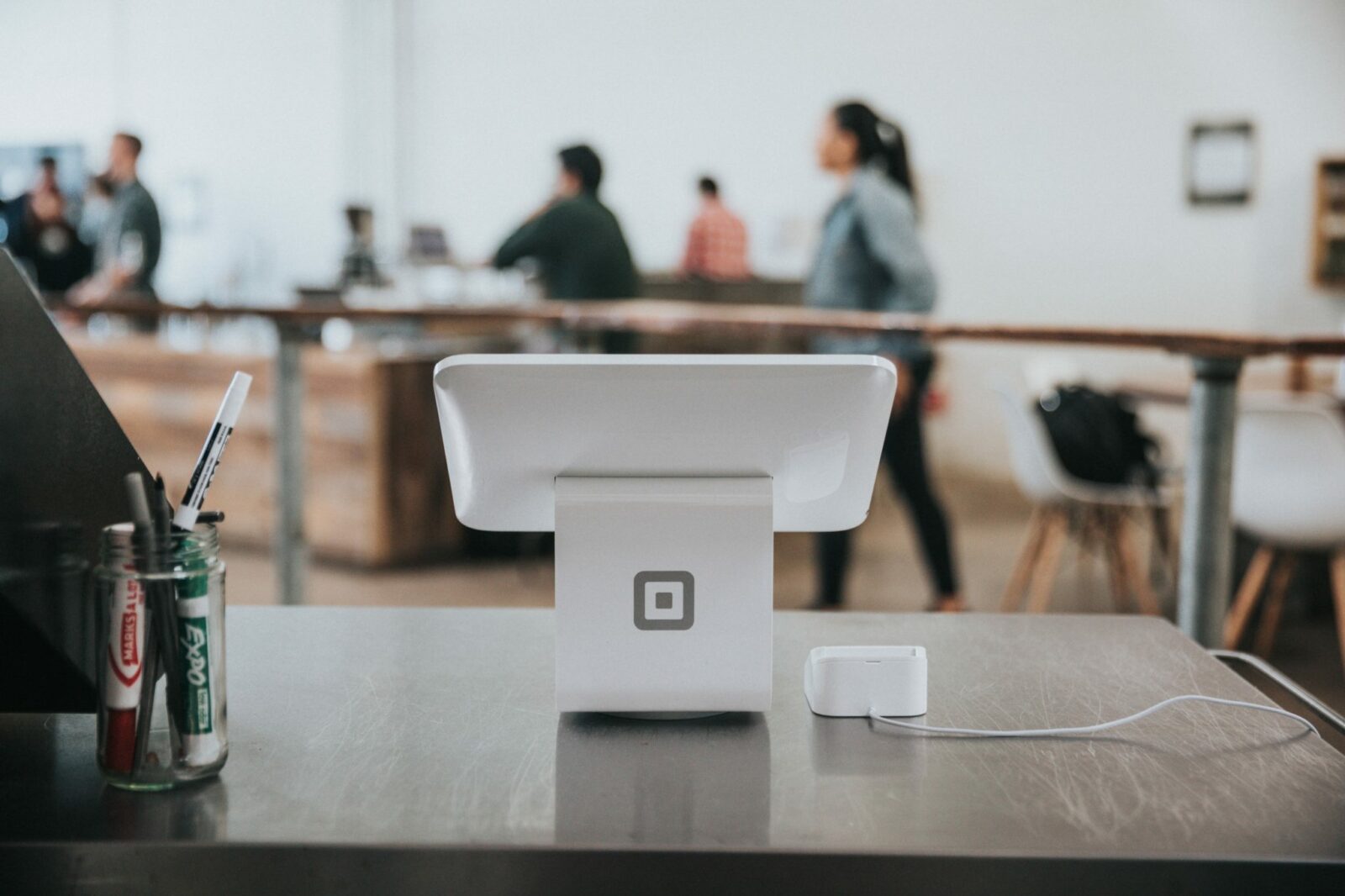The IRS Freshens Up Some Tax Breaks for Retailers and Restaurants

(Safe harbor deductions for remodeling and refresh costs)
Following up on a Tax Advisory we recently sent to announce some broad-reaching changes to IRS capitalization policy, the IRS also released Revenue Procedure 2015-56 a few weeks ago that impacts certain retailers and restaurant owners. It provides a new safe harbor taxpayers may utilize when analyzing remodeling costs on certain retail or restaurant property, providing them with a method whereby they can confidently deduct, immediately, a significant portion of certain costs that otherwise might have to be capitalized and depreciated.
The final tangible property regulations rolled out in late 2014 provided several examples of remodeling or “refresh” costs and noted that these costs generally were considered deductible if certain criteria were met. However, to ensure the proper treatment, taxpayers and their accountants often were required to make a complete and thorough analysis of the work performed and the costs incurred, which often still resulted in a cloudy conclusion (and very little confidence that the IRS would agree with the result!).
The new safe harbor is available for taxpayers with applicable financial statements (generally those that are audited) that sell merchandise to customers at retail (but NOT automotive dealers, sellers of manufactured homes, or non-store retailers) and restaurants.
The safe harbor allows taxpayers to deduct 75% of all remodeling or refresh costs while capitalizing the other 25%. It comes with the following exceptions for property that do not qualify under the safe harbor:
- Costs attributable to Section 1245 assets (generally “short-life” depreciable property) are excluded;
- “Rebranding” costs are excluded if they have been previously incurred in the past 2 years;
- If more than 20% of the total square footage is being adapted to a new or different use, it will not qualify; and
- Costs incurred as part of a temporary closing are excluded.
Utilization of the remodeling safe harbor will be considered a change in accounting method for most taxpayers, and will require the filing of Form 3115 with the taxpayer’s tax return to implement and report the change.
Please contact Andy Smith or your Baker Newman Noyes tax professional at 1.800.244.7444 to determine if your business should adjust its capitalization policy to take advantage of the new remodeling safe harbor, or if you have questions regarding it, or any other aspect of the tangible property regulations.
Disclaimer of Liability: This publication is intended to provide general information to our clients and friends. It does not constitute accounting, tax, investment, or legal advice; nor is it intended to convey a thorough treatment of the subject matter.
